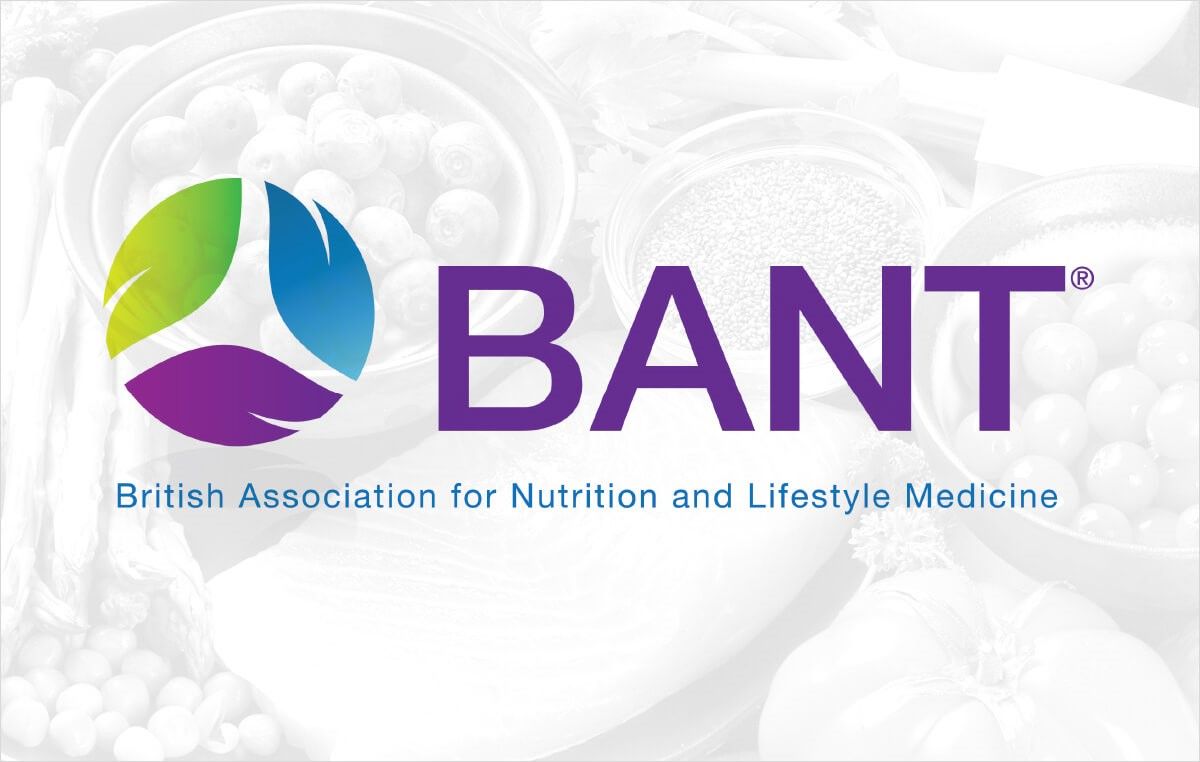
03 Jun 2016 BANT Response to the BBC’s Programme – The Truth about Healthy Eating
The British Association for Applied Nutrition and Nutritional Therapy is disappointed that a prime-time opportunity for sharing healthy eating messages was not exploited to its full potential and was, in places, misleading with use of simplistic tests that told part, but not all, of the picture.
Whilst some of the information was helpful, pointing out that you do not need to always buy the most expensive ingredients to have a healthy diet, the comparisons were poor and not representative of health benefits available in many of the foods used. Specifically BANT is disappointed that:
- quinoa and pearl barley were pitted against each other in the glycaemic load comparison, BANT feels that it may have been more representative of the UK’s eating patterns to compare one or both of these products with a refined white flour product
- milk being touted as a better source of hydration than water without the explanation that milk has other nutrients including protein, sugars and fats that make it more appropriate as a snack rather than something to sip throughout the day
- surprise was expressed that antioxidant levels were lower after a number of hours after eating them, when the simple explanation is that the antioxidants had probably been depleted whilst carrying out their role disarming Reactive Oxygen Species.
- milk was being put forward as the only source of viable iodine for thyroid function, without any mention of seafood and sea vegetables
- supplements were highlighted as a potential cause of harm despite the number of scientific studies that show their benefits if chosen well and properly recommended taking into account the health profile of a person.
- the BBC chose to portray 7-day detox diets as quick fix solutions rather than aiding the public’s understanding that detoxification is a biochemical process that takes place within every cell in our body on a continual basis. BANT supports the finding that healthy eating as a whole is vital for wellbeing but advises that individuality is key and any advice provided should be tailored to each person.
BANT is very much aware that much of the advice and information issued regarding the nation’s health and what we should be eating is confusing and often conflicting. It can be difficult for the public to navigate and interpret the information available, especially in the light of Public Health England’s recent confirmation that the Eatwell Guide is a food selection tool that has been designed to cover the population as a whole which does not take into account individual health and weight profiles.
BANT experts have carefully developed a set of Wellbeing Guidelines, based on the latest science and research in the field of nutrition for optimal health. The BANT Wellbeing Guidelines were specifically designed to provide clear, concise, easy to understand information for the general public, avoiding out-dated information and research, and addressing some of the most common health concerns. The most common reasons people seek nutritional advice is to address weight loss and/ or for general health and wellbeing. These issues are addressed by BANT with the following:
The clear, concise format of the BANT Wellbeing Guidelines enables people to see easily what food choices they should be making. More detailed information is also given to guide people in how to make these choices and which other lifestyle factors they should be addressing.
Key advice provided by the BANT Wellbeing Guidelines includes the following:
- Eat a Rainbow: a varied diet of 7 differently coloured fruit and vegetables per day.
- Stay hydrated with water, herbal teas, green and black teas. Avoid alcohol, sugary drinks and too much caffeine.
- Ensure protein is lean: fish, poultry, eggs and vegetable sources. Limit red and processed meat.
- Include healthy fats: avocados, nuts, olive oil. Cook with healthy saturated fats: coconut oil and butter.
- Choose root vegetables and whole grains instead of refined carbohydrates and grains: Eat sparingly.
- For Weight Loss: include exercise, limit portion sizes, don’t eat between meals. Avoid: Sugar, artificial sweeteners, alcohol and refined carbohydrates.
- Include the right supplements: vitamin D, in particular, for most people and probiotics as advised by your Registered Nutritional Therapist
- Sleep and Exercise are an important aspect in overall Health and Wellbeing and Weight Management.
– Ends –
Click here to download the PDF version of this response.
FOR FURTHER INFORMATION PLEASE CONTACT:
Daniel O’Shaughnessy
Tel: +44 7540 722307
NOTES TO EDITORS:
The British Association for Applied Nutrition and Nutritional Therapy (BANT) is the professional body for Registered Nutritional Therapists. Its primary function is to assist its members in attaining the highest standards of integrity, knowledge, competence and professional practice, in order to protect the client’s interests; nutritional therapy and the registered nutritional therapist.
Nutritional therapy is the application of nutrition science in the promotion of health, peak performance and individual care. It is a progressive approach to health optimisation. Registered Nutritional Therapists are recognised by the Professional Standards Authority to be as competent as other traditional healthcare providers. It has been recognised that they can make a difference by working together with healthcare providers as part of multidisciplinary teams under NHS commissioning.

